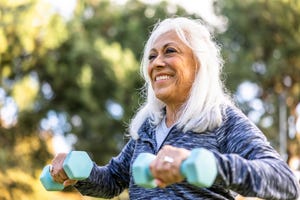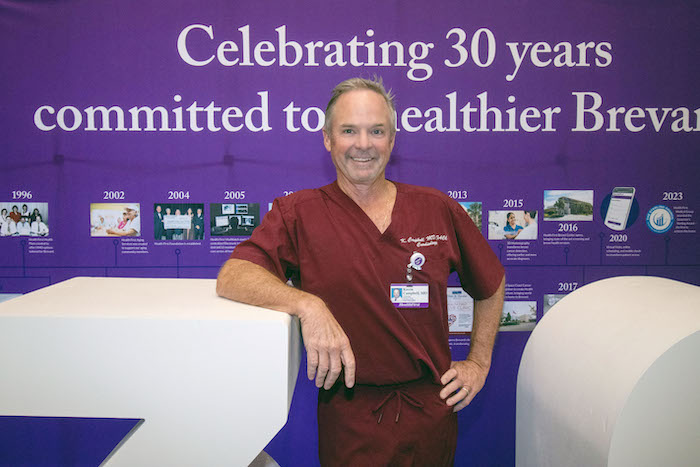
AI News Q&A (Free Content)
Q1: What are the primary benefits of aerobic exercises for seniors?
A1: Aerobic exercises, also known as cardio, provide numerous benefits for seniors, including improved cardiovascular health, increased endurance, and reduction in risks of chronic diseases such as heart disease, diabetes, and hypertension. Regular aerobic activity helps in maintaining healthy weight, enhancing mood, and improving overall mobility, which is crucial for independent living in seniors. According to the World Health Organization, engaging in at least 150 minutes of moderate-intensity aerobic exercise per week can lead to significant health improvements.
Q2: How does cardio exercise impact muscle adaptation and efficiency in older adults?
A2: Cardio exercise leads to specific neuromuscular and metabolic adaptations that enhance exercise efficiency in older adults. A study examining neuromuscular responses during repeated bouts of exercise found that older adults experienced decreased perceived exertion and cardio-metabolic demand over time. This was attributed to mechanical and nervous adaptations in muscles, such as the rectus femoris, indicating improved efficiency and reduced effort in subsequent exercises.
Q3: What are the recommended guidelines for aerobic exercise for reducing health risks in older adults?
A3: For older adults, the recommended guidelines for aerobic exercise include engaging in at least 150 minutes of moderate-intensity aerobic exercise per week. This can include activities like walking, cycling, swimming, or dancing. Even shorter durations, such as 75 minutes per week of vigorous-intensity exercise or a mix of both, can provide health benefits such as reducing the risk of cardiovascular diseases, improving mental health, and enhancing overall functional capacity.
Q4: How can cardio drumming be beneficial for seniors, and what does it entail?
A4: Cardio drumming is a form of aerobic exercise that combines drumming movements with physical activity. It involves using drumsticks to rhythmically strike an exercise ball while listening to music. This innovative exercise is beneficial for seniors as it improves cardiovascular health, coordination, and mental well-being. It is adaptable to different fitness levels and can be performed in various settings, making it accessible and enjoyable.
Q5: What role does aerobic exercise play in the management of chronic conditions like asthma?
A5: Aerobic exercise plays a significant role in managing chronic conditions such as asthma by improving lung function and increasing cardiovascular endurance. A study on mobile asthma monitoring systems highlights that regular aerobic activities can help detect and manage asthma symptoms effectively. The consistent physical activity helps in maintaining respiratory health, reducing the frequency and severity of asthma attacks, and enhancing overall quality of life.
Q6: What are the safety considerations for seniors when engaging in cardio exercises?
A6: Safety considerations for seniors engaging in cardio exercises include starting slowly and gradually increasing intensity, staying hydrated, wearing appropriate footwear, and monitoring heart rate. Seniors should consult healthcare providers before starting new exercise regimens to tailor activities to individual health conditions and limitations. It's also important to incorporate warm-up and cool-down sessions to prevent injuries.
Q7: How does aerobic exercise affect mental health in older adults?
A7: Aerobic exercise has a positive impact on mental health in older adults by reducing symptoms of anxiety and depression, improving mood, and enhancing cognitive function. Regular physical activity increases the release of endorphins, which are chemicals in the brain that act as natural mood lifters. It also promotes better sleep patterns, reduces stress levels, and can delay the onset of cognitive decline, contributing to overall mental well-being.
References:
- Aerobic exercise - Wikipedia
- Neuromuscular and Metabolic Responses during Repeated Bouts of Loaded Downhill Walking
- Building a Decision Support System for Automated Mobile Asthma Monitoring in Remote Areas





